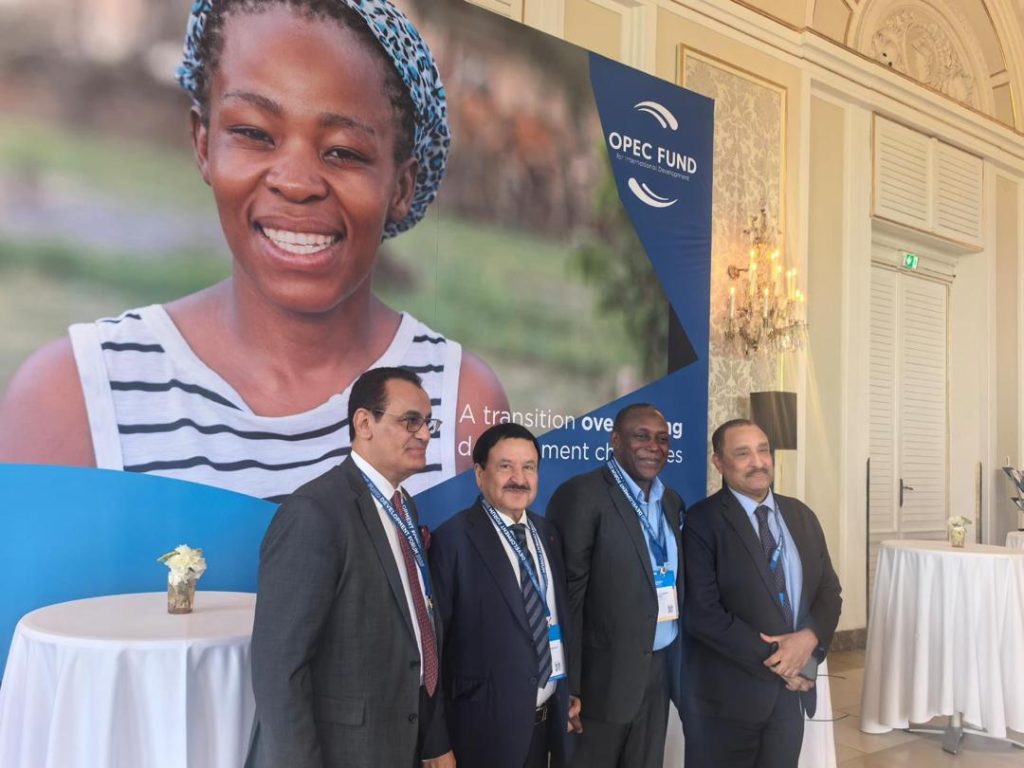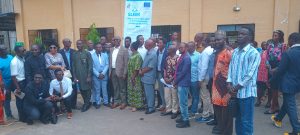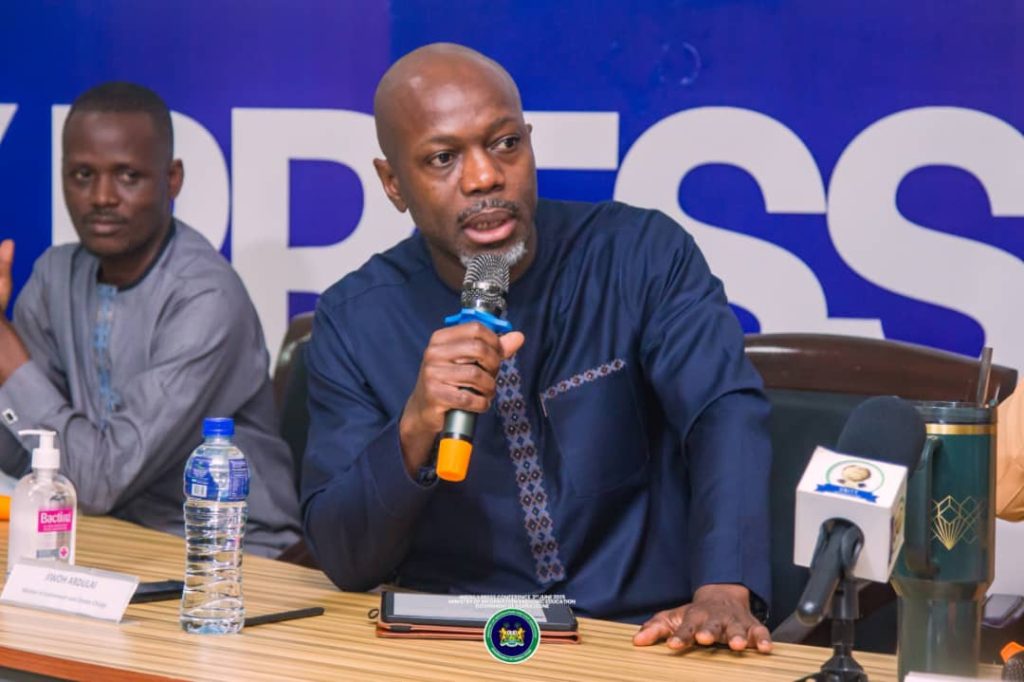Sierra Leone Attends ECOWAS Child Labour Experts Annual Review Meeting
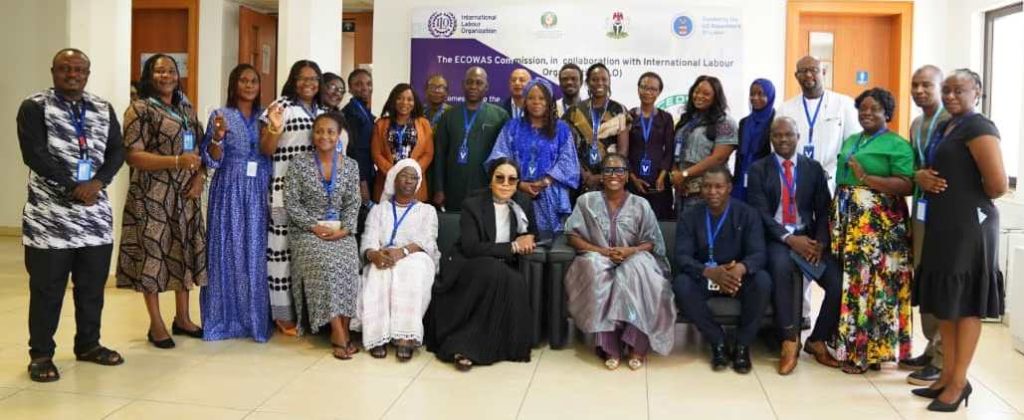
Sierra Leone participated in the first ECOWAS Child Labour Experts Annual Review Meeting held from November 27th to 29th, 2024, at the United Nations Building in Abuja, Nigeria. The meeting focused on addressing the ongoing global challenge of child labour, which continues to rise despite global and regional efforts to combat it.
Recent studies show alarming figures, particularly in West and Central Africa, where approximately 30% of children (31% male, 30% female) are engaged in child labour, working an average of 18 hours per week. In Sub-Saharan Africa, nearly one in four children (23.9%) are involved in child labour. These figures highlight the urgent need for continued action at the global, regional, and national levels to address and eliminate child labour and its worst forms.
The global agenda, as outlined in the Sustainable Development Goals (SDGs), particularly Target 8.7, calls on governments to take immediate and effective measures to eradicate forced labour, modern slavery, human trafficking, and child labour by 2025. The formation of Alliance 8.7, a network of countries committed to eliminating child labour and promoting decent work, plays a critical role in this effort.
In response to the pressing need to combat child labour in West Africa, the ECOWAS Commission has made significant strides. Since the development of the Regional Child Policy in 2009, ECOWAS has implemented several initiatives, including the 2018 ECOWAS Strategic Framework for Strengthening National Child Protection Systems. This framework identified child labour as a priority issue requiring urgent action from its 15 Member States. In collaboration with the International Labour Organization (ILO), ECOWAS has developed guidelines for the framework’s implementation.
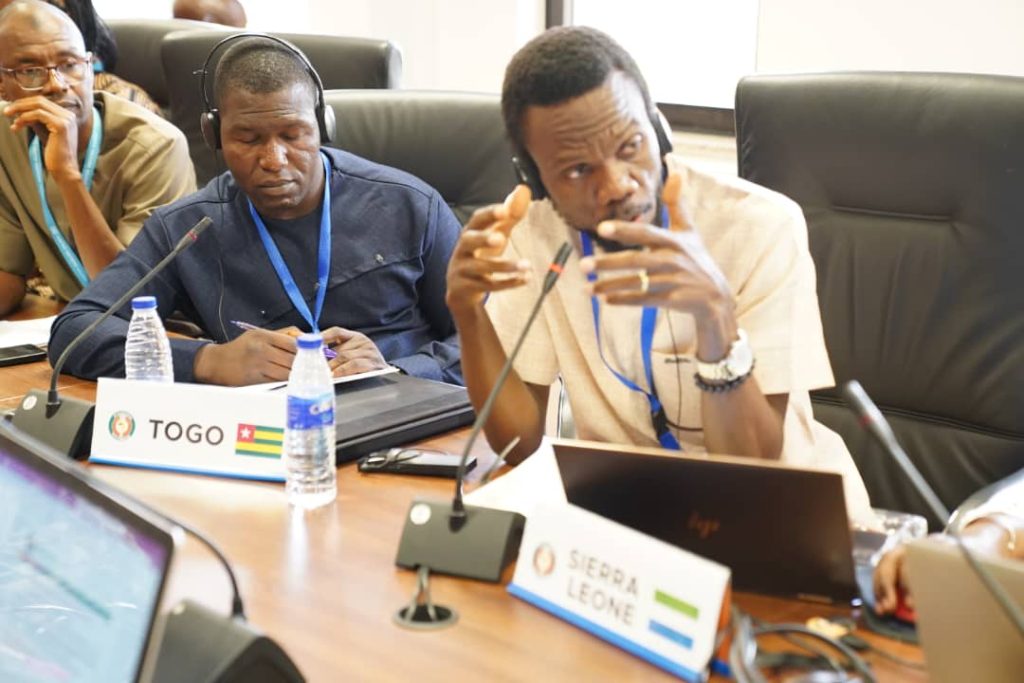
In 2021, ECOWAS evaluated its Regional Action Plan (RAP) for the Elimination of Child Labour (2012), leading to the development of a new RAP in 2022, aligned with the Continental Plan and the African Union’s Agenda 2063. The ECOWAS Regional Action Plan for the Elimination of Child Labour and Forced Labour (2021-2030) was validated in March 2023 by experts from the 15 Member States. The goal of this RAP is to eliminate the worst forms of child labour by 2025, with a long-term vision of completely eradicating child labour in the region.
As part of the regional efforts, ECOWAS Member States have developed National Action Plans (NAPs) to eliminate child labour. Currently, 12 Member States have their NAPs in place, and the evaluation of the RAP in 2021 highlighted that while Member States have established child labour units and focal points, there was a lack of dedicated meetings to coordinate these efforts across the region. The review meetings held by the Trafficking in Persons (TIP) and Child Protection officers annually serve as the primary means of collecting relevant child labour data from the Member States.
To address this gap, the ECOWAS Commission, in collaboration with the ILO and with financial support from the Action against Child Labour in Agriculture in West Africa (ACLAWA) project, funded by the USDOL, organized the first annual review meeting of Child Labour focal points from all Member States. This inaugural meeting provided an opportunity to assess the progress made during the year and plan for future efforts. It also aimed to strengthen the capacity of focal points to better coordinate, monitor, and evaluate the implementation of the RAP.
The immediate objectives of the annual review included validating the ECOWAS Child Labour/Forced Labour Accountability Tool, sharing good practices for eliminating child labour, and enhancing the capacity of focal persons to implement the RAP and NAP. The meeting brought together Child Labour focal points from ECOWAS Member States and staff from the ECOWAS Commission.
By fostering collaboration and strengthening regional efforts, the ECOWAS Commission continues to play a vital role in the fight against child labour in West Africa, working towards a future where children can live free from exploitation and enjoy their right to education and protection.


